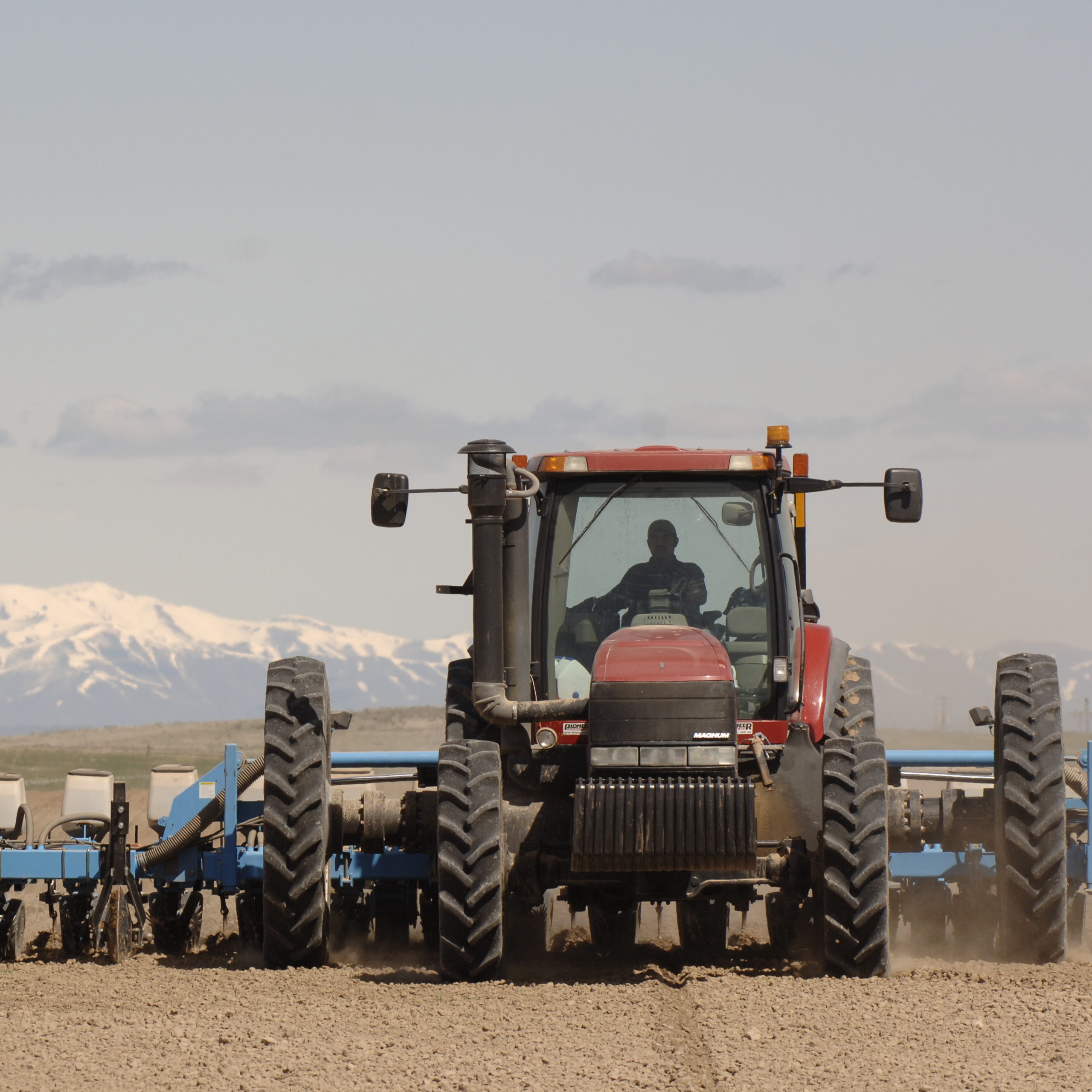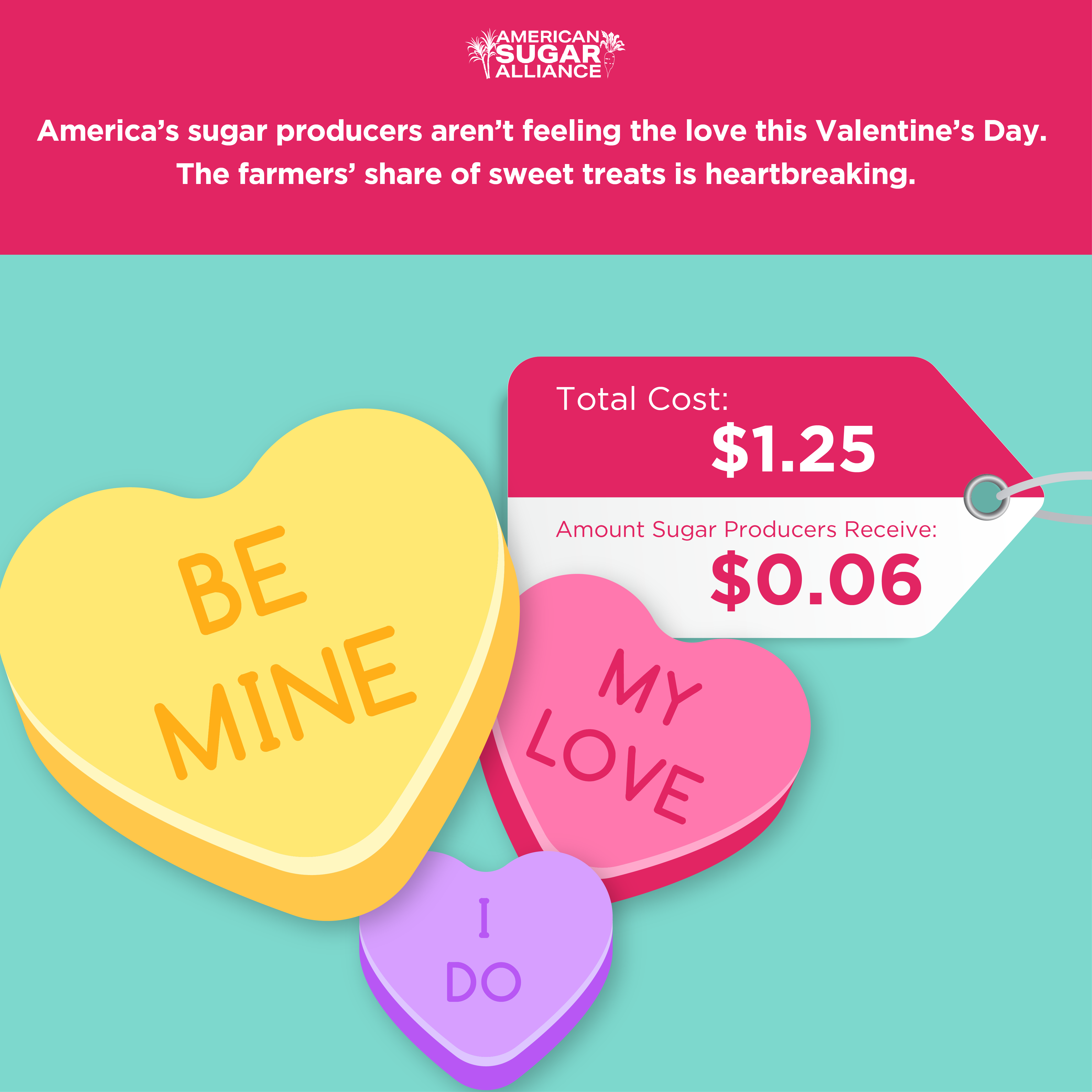U.S. Sugar Policy Supports American Jobs & Strong Communities
America’s no-cost sugar policy supports well-paying jobs and provides economic opportunities for our communities. In fact, the sugar industry generates 142,000 jobs across the country and adds $20 billion to the U.S. economy.
Sugar companies pay fair wages and offer good benefits, providing opportunities in communities where jobs can otherwise be limited. Our industry takes pride in fostering a skilled workforce. Whether it’s partnering with community colleges to develop educational opportunities or providing tuition reimbursement, additional training and technical classes, the sugar industry is continually encouraging growth and career advancement.
 |
The skilled employees who help produce high-quality American sugar are an integral part of our industry. The American Sugar Alliance recently traveled to Minnesota to hear from sugar company employees on-the-ground about the steps our industry is taking to create a sustainable workforce.
Kelly Moorhart, a safety specialist at American Crystal Sugar Company, made incredible advancements in her career thanks to the company’s tuition reimbursement program. “They invested so much in me, and so early on in my career… I really do appreciate the fact that American Crystal Sugar invests so much in their employees,” said Moorhart.
American Crystal Sugar Company also partners with Minnesota State Community and Technical College to develop employee maintenance skills. This success of this partnership has been recognized by the American Association of Community Colleges as a finalist for their 2020 Outstanding College/Corporate Partnership Award of Excellence.
Elsewhere in the factory, Technical Training Lead, John Wagar, helps lead the Process Technician program. This training program provides a clear career path and the necessary on-the-job training to ensure long-term employee success.
All American Crystal Sugar Company employees are members of the Bakery, Confectionary, Tobacco Workers and Grain Millers International Union. In fact, 100 percent of beet sugar processors employ union labor, as do most cane refineries.
Outside of the factory, sugar companies and employees are active within our neighborhoods and engage with local leaders to help foster more sustainable communities.
Thanks in part to U.S. Sugar, thousands of students in Florida started school in August 2019 with brand-new backpacks filled with the supplies they would need for a successful year. Brannan Thomas, U.S. Sugar’s Community Relations Manager and a native of Belle Glade, helped lead this project and has spearheaded countless other initiatives to support youth programs, schools and other charities in the area.
“The support of the sugar industries in South Central Florida create sustainable communities, and I am proud to be a part of that,” Thomas said.
Wylie Wisnewski, a teacher at Red River Area Learning Center, did not have the resources he needed to create an engaging project-based learning environment. Through the American Crystal Sugar Company Community Roots program, Wisnewski and his classroom received two STEM Grants to ensure students had the resources they needed.
The American sugar industry does more than just produce affordable homegrown sugar. We invest countless volunteer hours and significant financial resources into our employees, schools and communities.
People lie at the heart of our industry, and we are proud to help empower our workforce and create a more inclusive and sustainable society.










 .
. 


